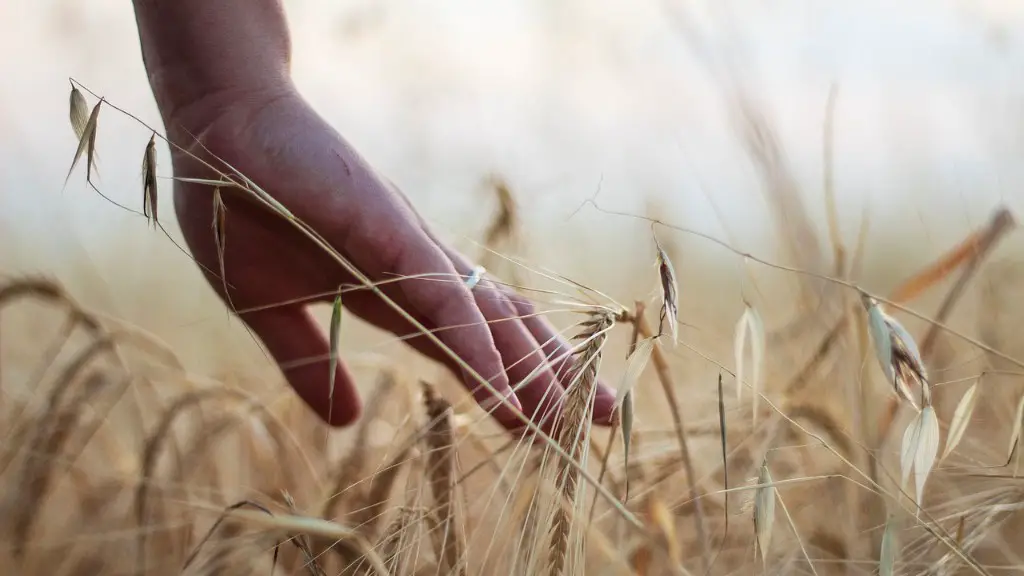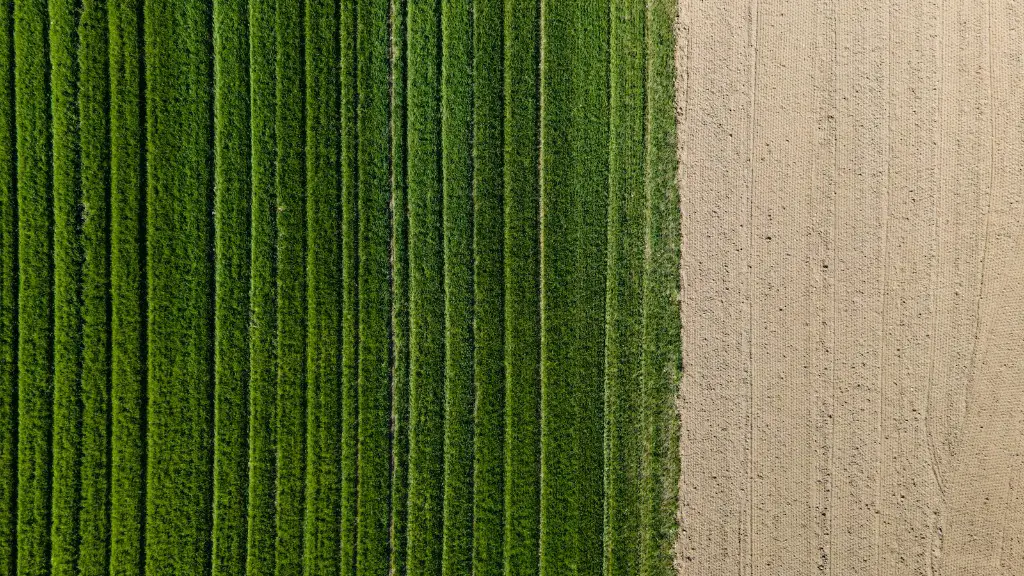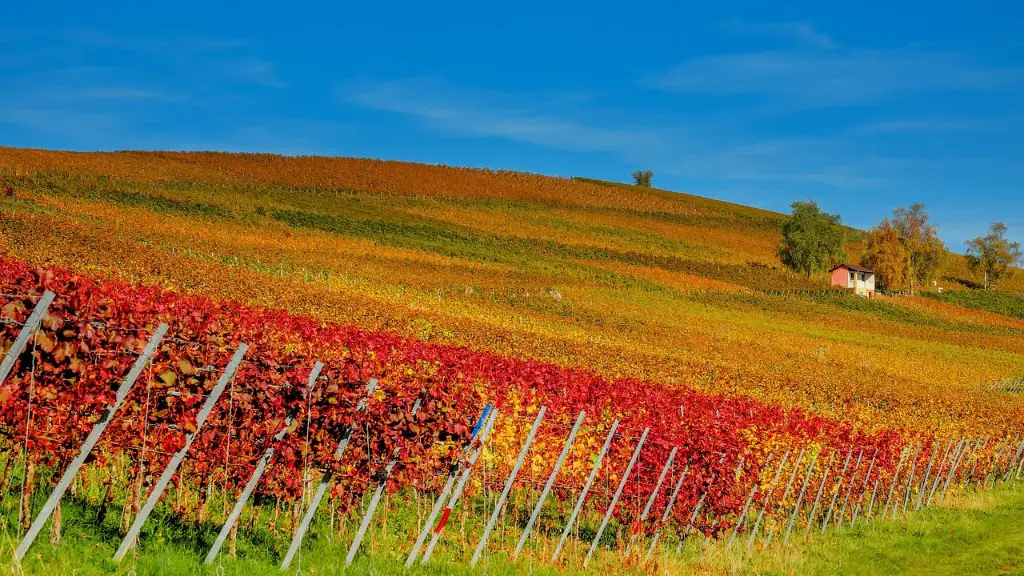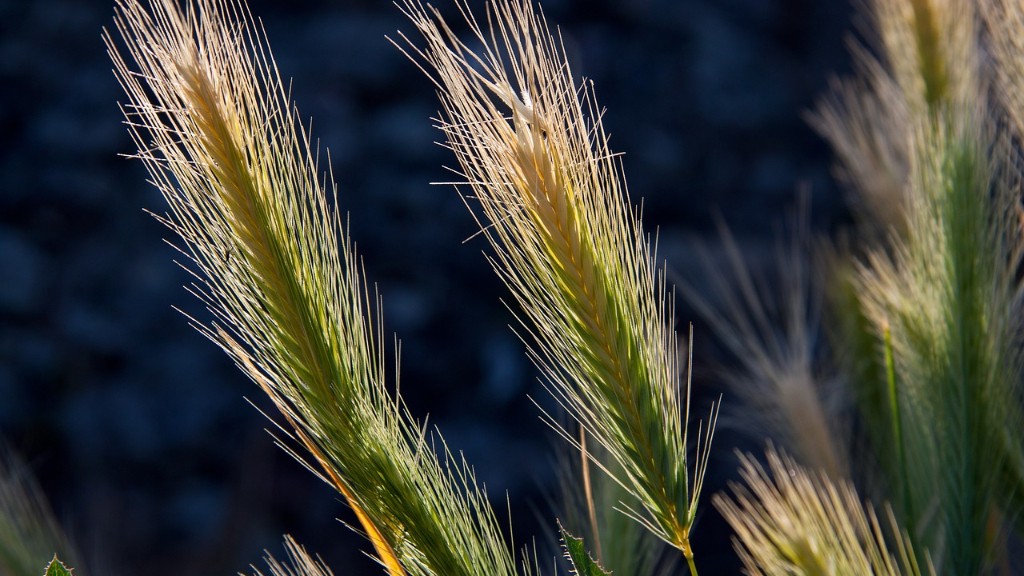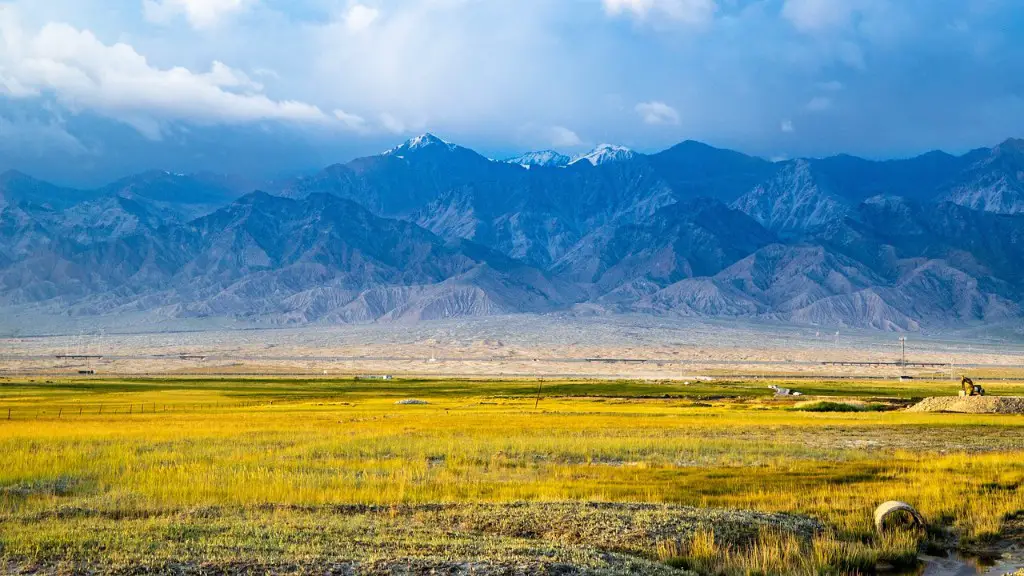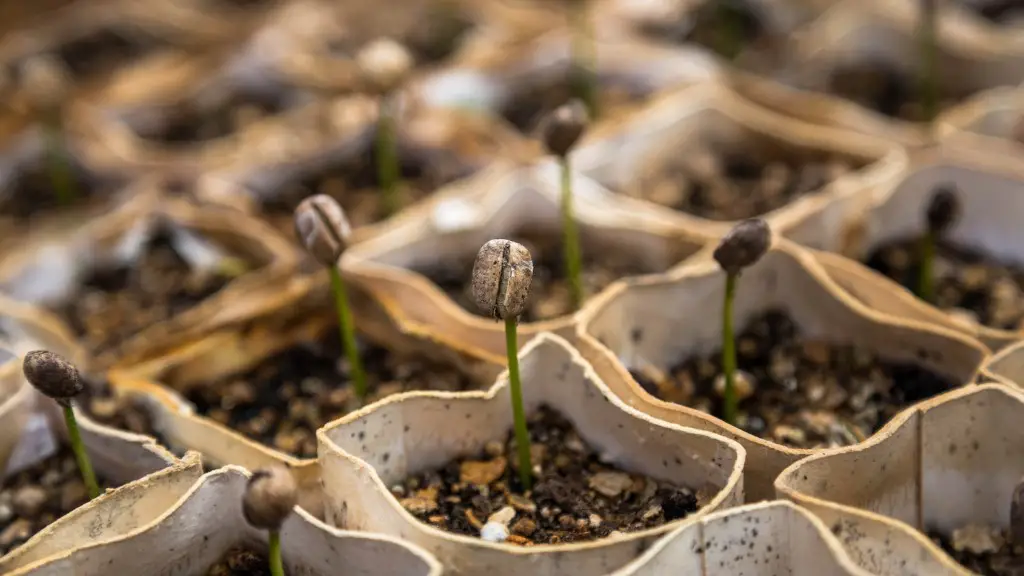Organic agriculture is a way of farming that does not use synthetic materials, such as chemical pesticides and fertilizers, and focuses on using natural processes to enhance crop growth.
Organic agriculture is a form of farming that emphasizes the use of natural processes and products, rather than synthetic ones. This type of agriculture often includes the use of organic fertilizers, cover crops, and biological pest control.
What is meant by organic agriculture?
The term “organic agriculture” was first coined by Lord Northbourne in 1940 in his book Look to the Land (1940), in which he described a holistic, ecologically balanced approach to farming. However, the term “organic” has been used in various ways since then, and there is no one definition of what it means to be “organic.”
In general, organic agriculture is an ecological production management system that promotes and enhances biodiversity, biological cycles and soil biological activity. It is a system that begins to consider potential environmental and social impacts by eliminating the use of synthetic inputs, such as synthetic fertilizers and pesticides, veterinary drugs, genetically modified seeds and breeds, preservatives, additives and irradiation. Organic agriculture relies on ecologically based pest management, instead of using synthetic pesticides and herbicides. Soil fertility is maintained through the use of organic wastes and cover crops, instead of synthetic fertilizers.
There are many benefits of organic agriculture, including improved soil and water quality, enhanced ecosystem health, and increased biodiversity. Organic agriculture also has the potential to reduce the use of energy and other resources, and to promote more sustainable farming practices.
Organic agriculture is a production system that sustains the health of soils, ecosystems, and people. It relies on ecological processes, biodiversity, and cycles adapted to local conditions, rather than the use of inputs with adverse effects.
What is organic agriculture AP human Geography
Organic agriculture is an alternative to conventional farming that focuses on producing food in a more natural way. This usually involves eschewing pesticides and chemical fertilizers, as well as GMOs. Organic farmers often use organic methods such as crop rotation and composting to improve the fertility of their soil.
Organic agriculture is a form of sustainable agriculture that focuses on the use of natural processes and systems to enhance crop production, rather than the use of synthetic inputs. The USDA organic regulations describe organic agriculture as the application of a set of cultural, biological, and mechanical practices that support the cycling of on-farm resources, promote ecological balance, and conserve biodiversity. These practices include, but are not limited to, the use of organic seed and soil amendments, crop rotation, and the integration of livestock into the farming operation.
What are examples of organic agriculture?
Agricultural practices that help build soil health include crop rotation, cover crops, adding compost, and properly handled animal manures. These practices help improve soil structure, increase organic matter, and improve drainage. They also help reduce erosion and improve water infiltration.
Organic farming is a type of agriculture that relies on organic materials – such as compost, manure, and green manure – instead of using synthetic pesticides and fertilizers.
Organic farming is divided into two types, namely: Integrated organic farming and Pure organic farming.
Integrated organic farming is a type of organic farming that uses both organic and non-organic methods. This means that some synthetic materials may be used in limited quantities, as long as they don’t make up the majority of the farming methods used.
Pure organic farming is a type of organic farming that only uses organic methods. This means that no synthetic materials are used at all – only natural materials like compost, manure, and green manure.
What are the 4 types of organic farming?
Organic farming is the process of producing food, drugs, or other products without the use of synthetic chemicals. It relies on the use of natural methods and substances, such as crop rotation and biological pest control.
Organic farming is a type of agriculture that relies on natural processes, rather than the use of synthetic inputs, to enhance crop productivity and manage pests. It can be seen as an alternative to conventional farming.
Organic farming yields such vital benefits as preservation of soil’s organic composition. Organic farmers utilize practices that: Maintain and improve fertility, soil structure and biodiversity, and reduce erosion Reduce the risks of human, animal, and environmental exposure to toxic materials.
In addition to these benefits, organic farming also supports rural communities and sustainable development. It is a more environmentally-friendly and health-conscious option for those looking to consume more responsibly-produced food.
Why farmers choose organic farming
Organic farming can help reduce greenhouse gas emissions by severely restricting the use of manufactured chemical fertilisers and pesticides. These chemicals come from burning fossil fuels, which releases harmful greenhouse gases into the atmosphere.
Organic agriculture is based on a set of principles that aim to create a more sustainable and environmentally-friendly form of farming. These principles include health, ecology, fairness, and care. By adhering to these principles, organic agriculture can make a significant contribution to the world. Moreover, by improving all agriculture in a global context, organic agriculture can help to create a more sustainable and just world.
What is the main principle of organic agriculture?
Organic agriculture is a form of farming that relies on natural processes, rather than artificial inputs, to sustain crops and livestock. This means using practices that protect and enhance the ecological balance of the agricultural system, such as crop rotation and diverse planting, and avoiding synthetic pesticides, herbicides, and fertilizers. Organic agriculture also promotes the use of sustainable production methods, such as integrated pest management, and encourages the use of renewable resources, such as solar energy.
Organic livestock standards are designed to ensure that animals have access to the resources they need to thrive. This includes access to adequate space, fresh air, outdoors, daylight, shade, and shelter. The standards also take into account the specific needs of the species and the climatic conditions in which they live. By ensuring that animals have access to these resources, the organic standards help to promote the health and wellbeing of livestock.
Does organic mean non GMO
The use of genetic engineering, or genetically modified organisms (GMOs), is prohibited in organic products. This means an organic farmer can’t plant GMO seeds, an organic cow can’t eat GMO alfalfa or corn, and an organic soup producer can’t use any GMO ingredients. GMOs have been shown to have a number of negative effects on the environment and on human health, so the ban on their use in organic products is in place to protect consumers and the environment.
Organic farming has been on the rise in recent years as more and more people are looking for ways to eat healthy and live sustainably. However, organic farming is not without its challenges. Here are some of the main challenges that organic farmers have to deal with:
1. Time is critical. One of the main problems of organic farming is that of timing. Because organic farmers can only use natural methods to control pests and weeds, they often have to wait until the last minute to take action. This can result in lost crops and lower yields.
2. Pests want your organic products too. In addition to dealing with the same pests that conventional farmers do, organic farmers also have to contend with pests that are attracted to organic products. This can make it difficult to keep crops healthy and free of pests.
3. It is harder to market organic products. Because organic products are in high demand but often in short supply, they can be difficult to market. Farmers may have to sell their products at a premium price in order to make a profit.
4. Limited supply of organic food. One of the biggest challenges facing organic farmers is the limited supply of organic food. Because organic farmers make up a small percentage of the overall farming population,
What organic farmers avoid?
These methods are seen as too intrusive and harmful to the environment, and organic food producers want to avoid them at all costs. This is why organic foods are often seen as being more natural and environmentally friendly.
Agriculture is a major source of greenhouse gas emissions, accounting for around 10% of global emissions. Conventional agriculture is a significant contributor to this, due to the use of synthetic fertilizers and pesticides, as well as livestock production. Organic agriculture can help to reduce these emissions, by avoiding the use of synthetic inputs and by promoting practices that improve soil health and sequester carbon. In addition, organic agriculture is less likely to contribute to water pollution and soil erosion, and can provide other benefits such as improved biodiversity and increased crop resilience.
Conclusion
Organic agriculture is a form of agriculture that relies on techniques such as crop rotation, green manure, and compost to maintain soil fertility, rather than the use of synthetic fertilizers and pesticides.
Organic agriculture is a type of agriculture that focuses on producing food in a way that is natural and does not damage the environment. Organic agriculture has many benefits, including being better for the environment and producing healthier food.
